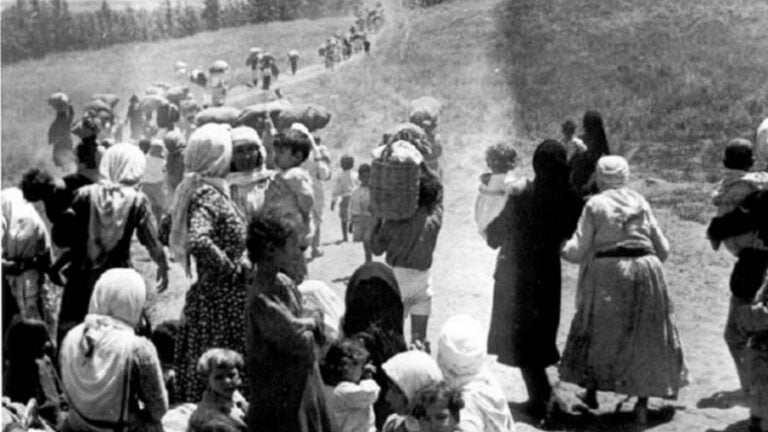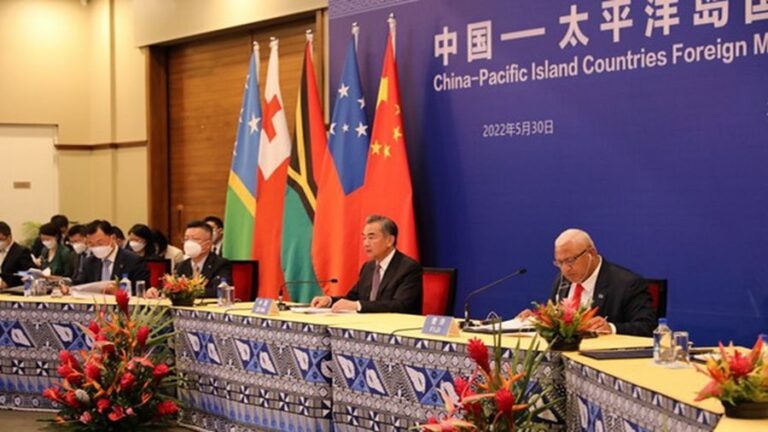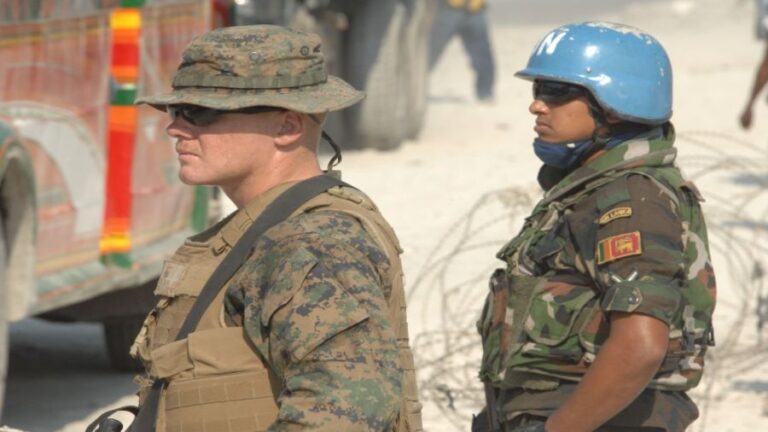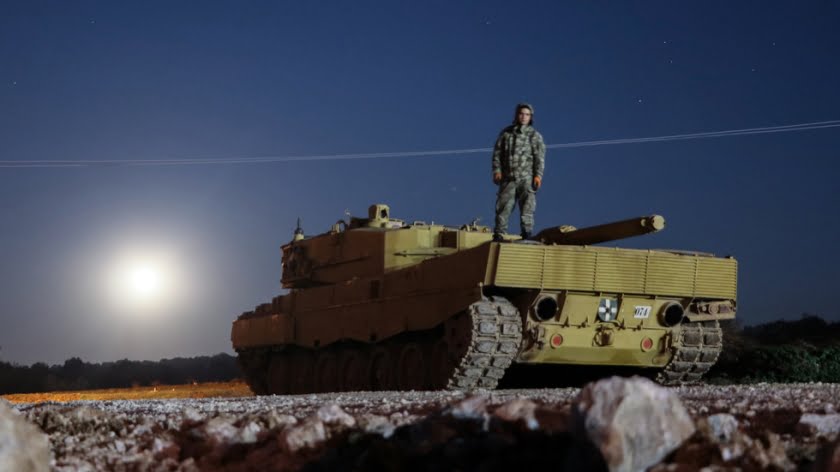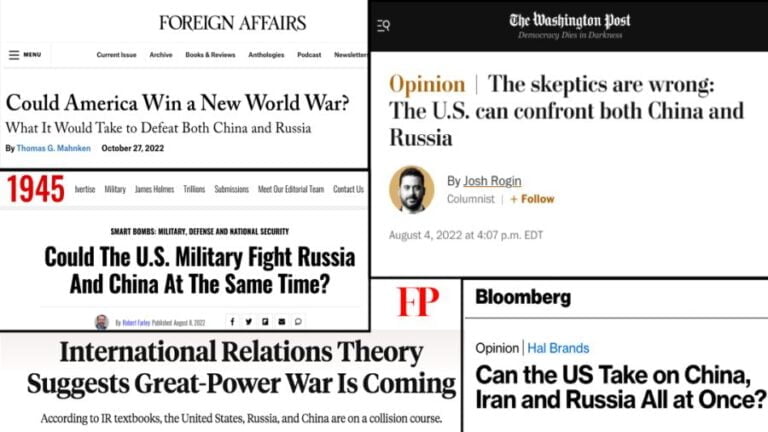The Breach of the UNSC Ceasefire in Syria: a Way Out of This Situation
The UN’s authority has been undermined by the fact that UN Security Council Resolution 2401 demanding a 30-day truce in Syria, which was unanimously endorsed on Feb. 24, has not been honored. On Feb. 26, UN Secretary-General António Guterres said the document needed to take effect without delay, but combat operations continue. Why has this happened and what can be done to enforce the mandate?
It’s important to note that the ceasefire didn’t apply to extremist groups, such as Islamic State (IS) and Hayat Tahrir al-Sham or HTS (Jabhat al-Nusra), which are closely affiliated with Al Qaeda. HTS is the dominant fighting force in Ghouta. Another militant group there is Harakat Ahrar al-Sham al-Islamiyya, which has close ties to IS, as both are pursuing the same goal of establishing a Sharia-based state in Syria. The Syrian military is not in violation of the resolution as it continues to fight these extremist groups in Eastern Ghouta. The resolution can be enforced only if all parties agree to stop shooting. That hasn’t been achieved and that’s the root of the problem.
Before the vote, Russia had warned that the extremist groups cared little about UNSC mandates and might continue fighting. That’s what happened. The cease-fire is being broken by Jaysh al-Islam, Faylaq al- Rahman, and HTS. Jaish al-Islam, Jabhat al-Nusra, Ahrar al-Sham, Feylaq al-Rahman, and Fadjr al-Umma have established a joint command and control center in Eastern Ghouta. As they are all allied with HTS, this justifies the use of force against all of them.
The goal of the extremists is to undermine the truce and provoke retaliatory strikes on Syrian forces, while the US is using the continued fighting as a pretext for putting the blame on Damascus.
The possibility that the US will use force against Syria – which is exactly what the extremists want them to do – is real. Then the tail will be wagging the dog.
Moscow has already expressed its grave concerns about these events. In a meeting with his Portuguese counterpart, Augusto Santos Silva, on Feb. 26, Russian Foreign Minister Sergei Lavrov warned that more disinformation about the alleged use of chemical weapons by Syrian government forces could be disseminated in order to undermine the truce.
Meanwhile, Moscow is not sitting idly by and watching the events. On Feb. 25, Russian President Vladimir Putin held an urgent discussion of the situation with his German and French counterparts. Russia can use its influence to mediate between Turkey, Syria, and the Kurds in Afrin. It has already made it clear that it will do its best to keep Israel and Iran from clashing. A new round of escalation in Syria should be avoided at all costs, and the West needs to be putting pressure on the extremist groups in order to foil their aspirations, instead of using the events in Eastern Ghouta as a pretext for whipping up tensions.
Besides, it’s not all doom and gloom in Syria. There have been no truce violations in the provinces of Aleppo, Latakia, or Idlib since the resolution was passed. Iranian officials have also voiced their support of the UN resolution.
Looking for scapegoats is not the way to solve the problem. Those who are making threats to attack Syria are providing the terrorists with grist for their mill. Allowing extremist groups to continue fighting with impunity will only fan the hostilities. The de-escalation process has brought concrete results beyond what anyone had expected. Now those achievements are under threat.
The way to solve the problem is to join efforts and pressure the terrorist groups in Eastern Ghouta into compliance. The experience gained from the de-escalation zones could be utilized. An internationally authorized corridor could be opened to allow the militants leave the area, so as to avoid further civilian casualties. They could go to Idlib, where their “comrades-in arms” still control relatively large swathes of terrain. In that event they would be covered by the existing de-escalation accords. This would be a much better outcome than the fierce fighting being waged now in Ghouta that is causing horrendous civilian casualties.
The US should stop making threats to use force. Syria is not violating the resolution. The final goal in Ghouta is to get the terrorists out so the hostilities will end. A US attack on Syria would grossly violate the resolution it voted in favor of, while also benefiting Al-Nusra and other jihadist groups. This is the time for the US to start talking with Russia and making an effort to align their positions, instead of playing into the hands of militant groups that were excluded from the UN-brokered peace process.
By Peter Korzun
Source: Strategic Culture


